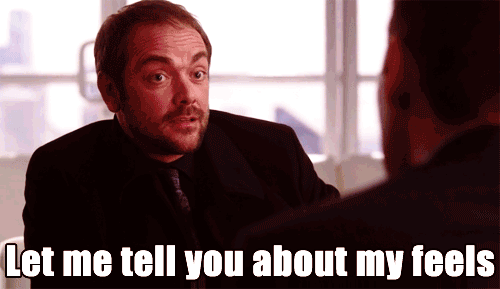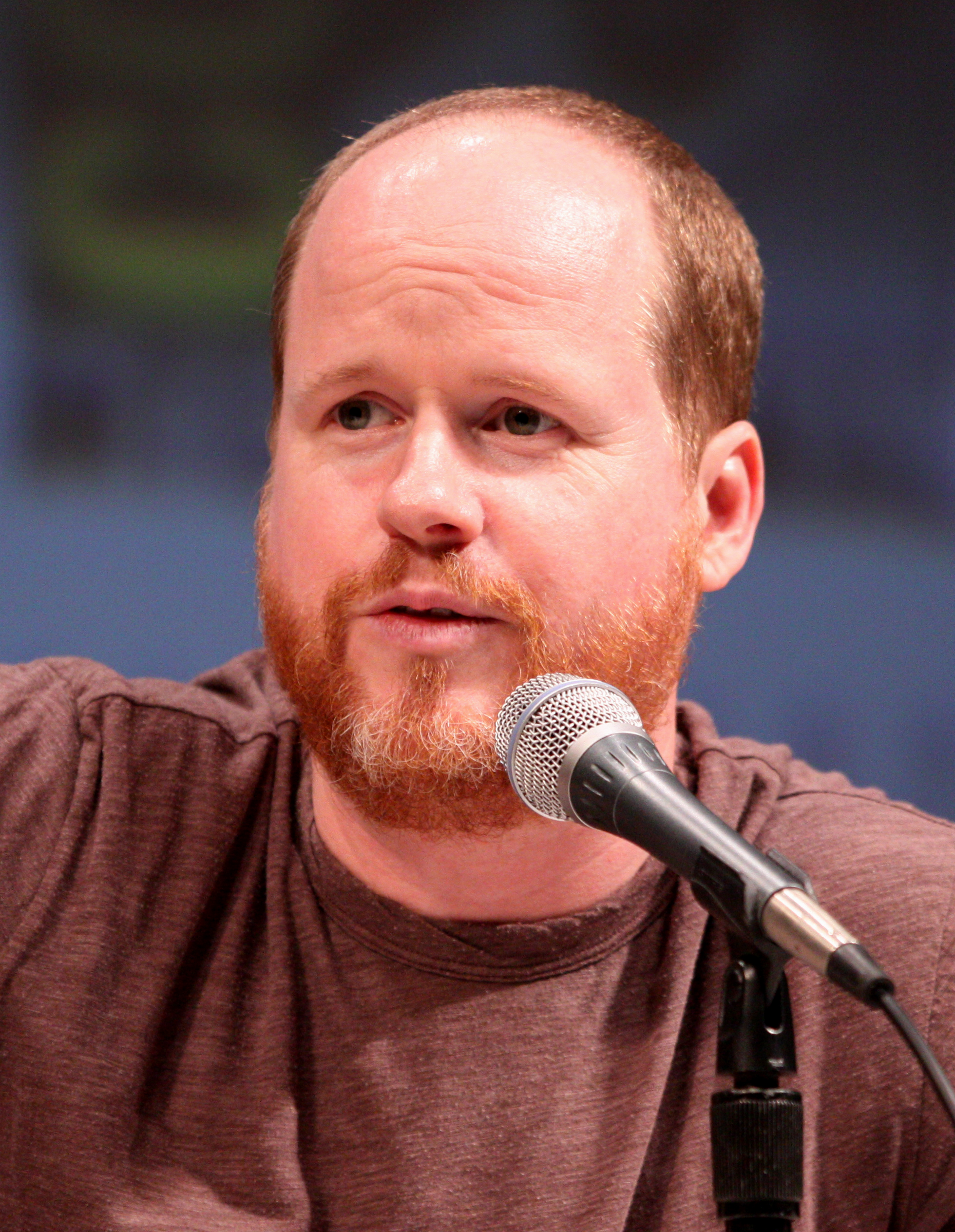Frequent readers of this blog will know that I’m a big Joss Whedon fan. Buffy started during my formative years and it definitely helped me figure out how to grow up and face the weirdness of middle and high school. What better person to get writing advice from than the man who makes TV shows/movies/videos that give me all the feelings?
This interview with Whedon has lots of fantastic advice about the writing and creating process. Even though Whedon mostly speaks to screenwriting and movie-making, I think it all still applies to writing fiction. We always hear “read a lot” as writerly advice, but I particularly like Whedon’s take on making sure to expose yourself to a lot of books/movies:
“Constantly watch things and things you don’t [normally watch]. Step outside your viewing zone, your reading zone. It’s all fodder but if you only take from one thing then it’ll show…I read The Killer Angels. It’s a very detailed, extraordinarily compelling account of the Battle of Gettysburg from the point of view of various people in it and it’s historical. It’s historically completely accurate, and the moment I put it down I created Firefly, because I was like, ‘I need to tell this story. I need to feel this immediacy. I so connect with that era, the Western and how tactile everything is and how every decision is life or death, and how hard it is and how just rich it is, and how all the characters are just so fascinating.’ But so I should be on the Millennium Falcon. Now, if I only watched sci-fi I would have just had the Millennium Falcon part, which has already been done, but finding that historical texture, it literally, I put the book down and started writing Firefly.”
How cool is that? And it makes so much sense–if you only read things within your category or genre, you’re not expanding your potential inspiration to anything that hasn’t already been written for your readers. Not that you should skip reading within your genre–I hope that if you write YA, you also enjoy YA–but it’s a great reminder to look outside of that sphere of influence. So often I feel like I have so many awesome YA titles on my to-read list that I don’t tend to as much adult fiction or non-fiction or poetry as I’d like. This seems like an excellent reason to dive into a few non-YA titles I always have on the back burner.
Make sure to click through for the rest of this excellent interview–if only because Joss also advocates the use of chocolate as writing fuel. Yeah. Dude’s a genius.

